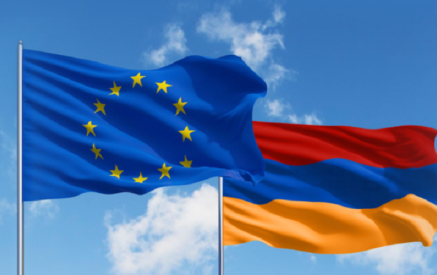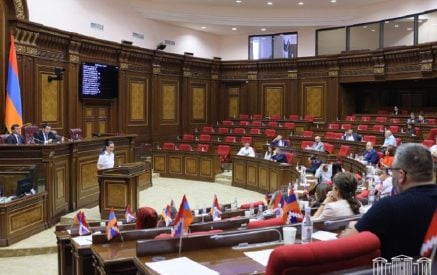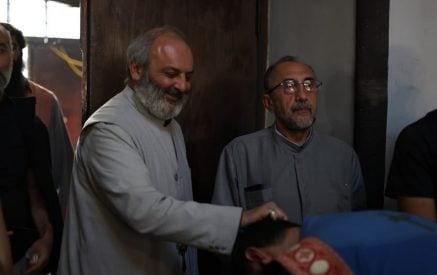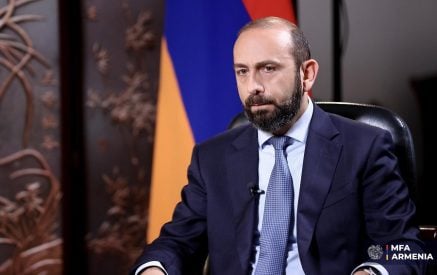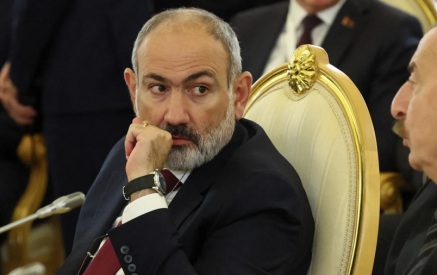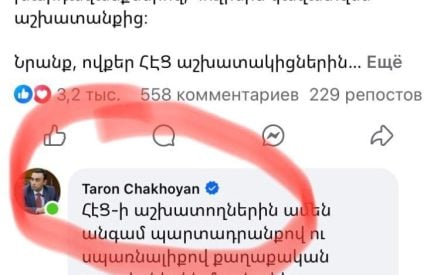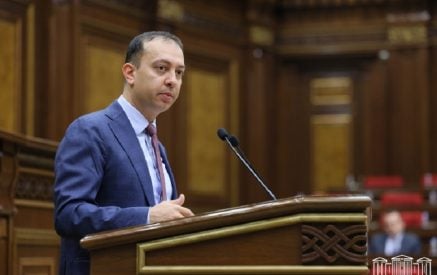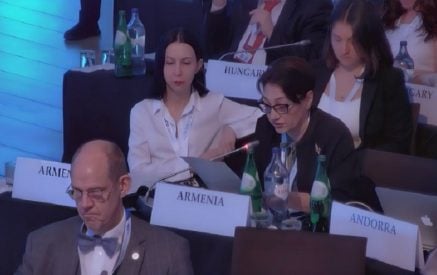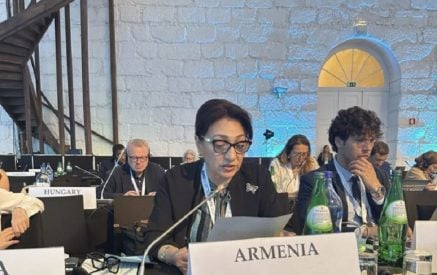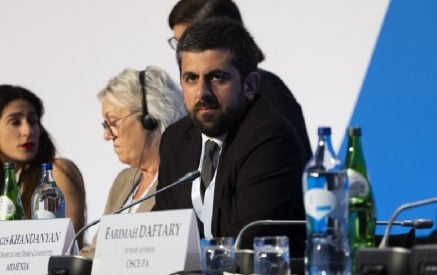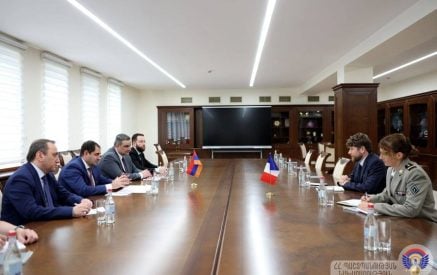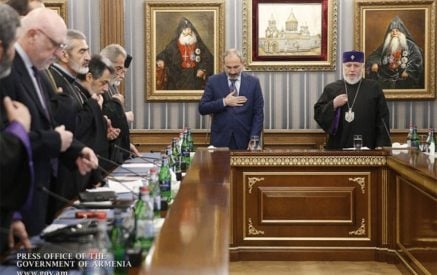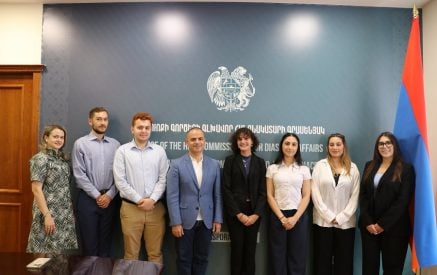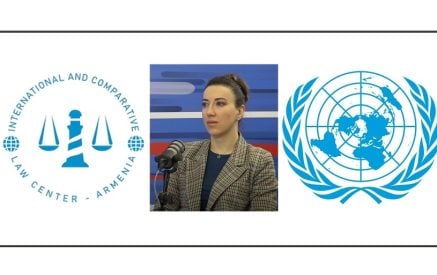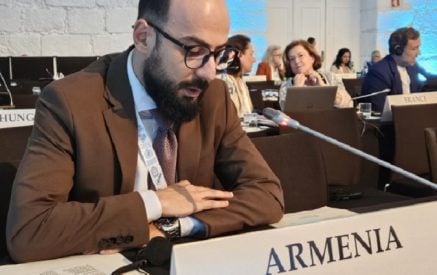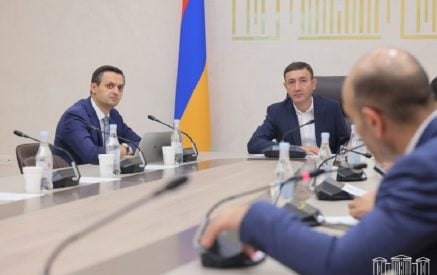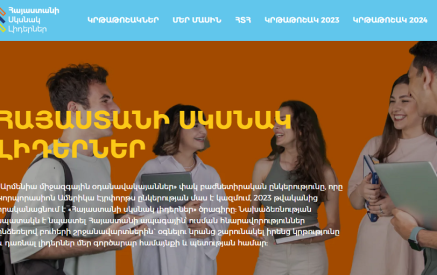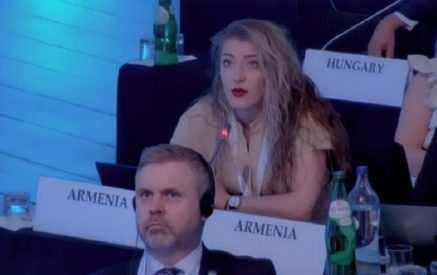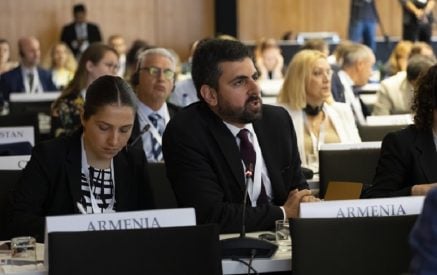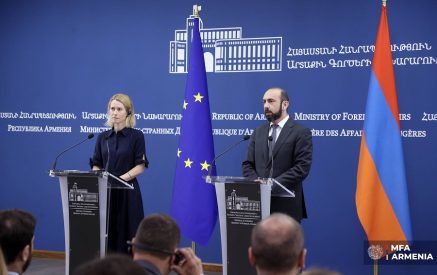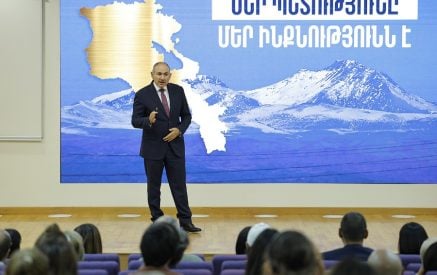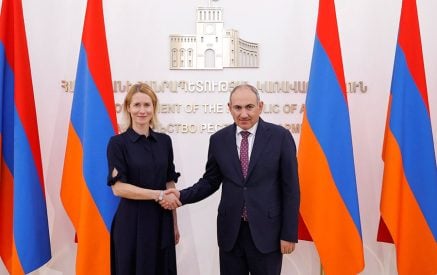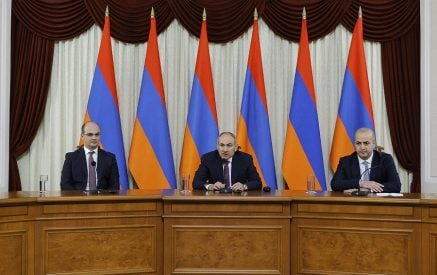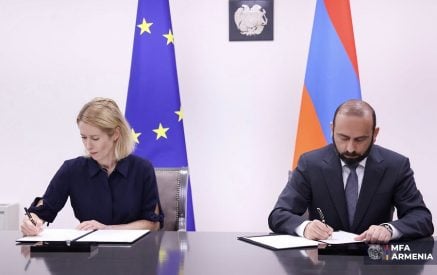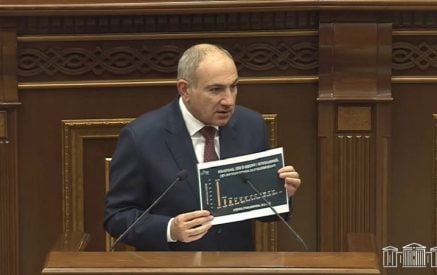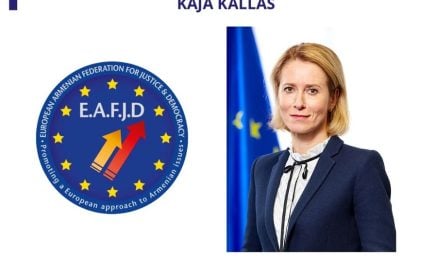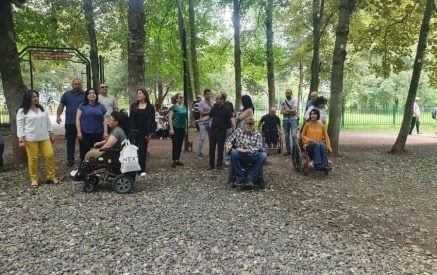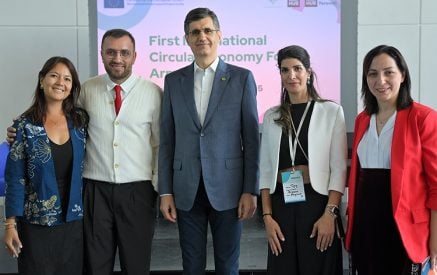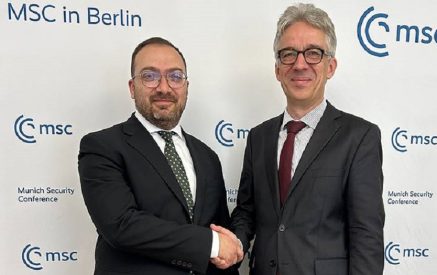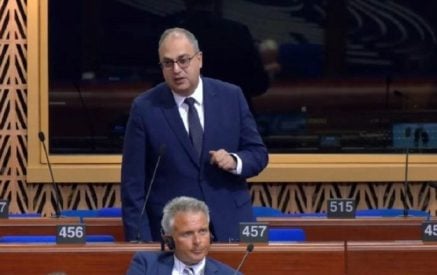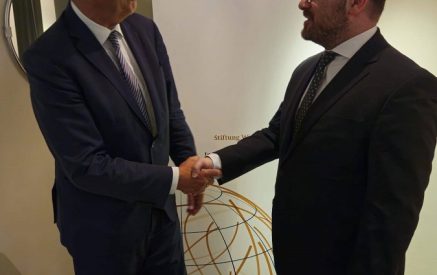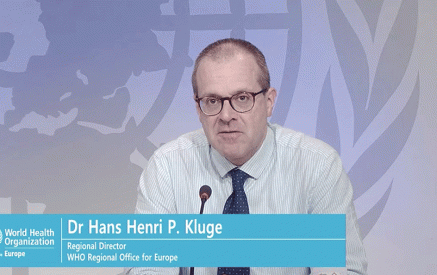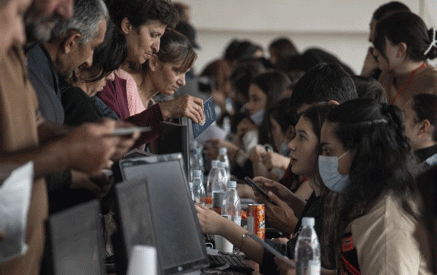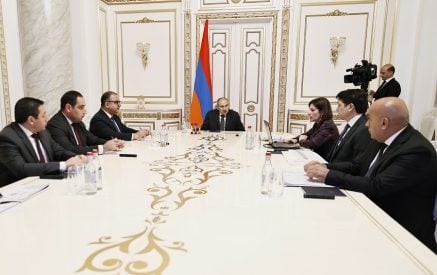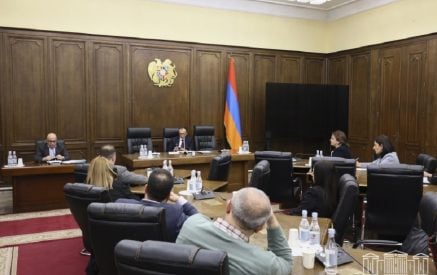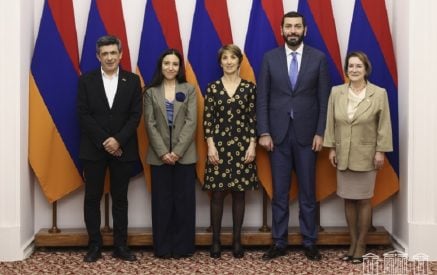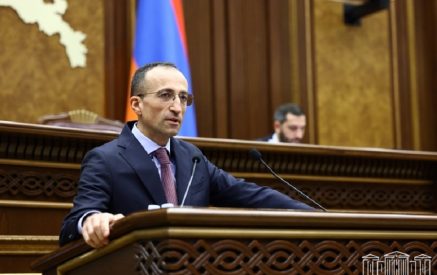“Pointing the finger at the alleged failures in WHO diverts countries from the painful exercise of addressing their own inadequacies and lack of preparation”, today said Charles Clift, Senior Consulting Fellow for the Global Health Programme – Chatham House, addressing the Political Affairs Committee during an exchange of views on ‘Democracies facing the COVID-19 pandemic’.
“Certainly there are things that WHO could, with hindsight, have done better and WHO member states have agreed this will be the subject of an independent enquiry at the appropriate time. But they need to look at the beam in their own eye”, he added.
Referring to WHO’s rules of operation, Mr Clift recalled that those are set by member state governments. “Some countries have said that WHO should be empowered to send in inspectors, even against the will of governments. Others have said that WHO should receive more secure funding and not rely so heavily on voluntary contributions”.
In his opinion, effective action to prevent a recurrence of such a crisis depends on governments. “Their national actions (or inactions) are the chief determinants of success (or failure) and, in the multilateral sphere, it is their job to shape relevant institutions to be most effective. Blaming the institutions they themselves have created misses the point”.
Read also
All Council of Europe member States, and their elected representatives in particular, “have a crucial role to play in seeking and maintaining a united global focus on pandemic preparedness and response, and in reaching out to other States to build consensus”, underlined Ian Liddell-Grainger (United Kingdom, EC), who is preparing a report on the subject on behalf of the Political Affairs Committee.
The primary responsibility for public health lies with national authorities, he reminded participants, “but it is our role, as members of national parliaments, to carefully scrutinise the way healthcare systems coped or failed to cope with the pandemic, and learn lessons for the future”.
Sharing experiences and best practices in a multilateral platform such as that provided by PACE “can only help us in this endeavour to enhance preparedness, resilience and responses for the future from a united, global and multilateral perspective”, Mr Liddell-Grainger concluded.
The Committee is expected to adopt the report at its meeting on 17-18 September for discussion in plenary at the October part-session.
PACE




